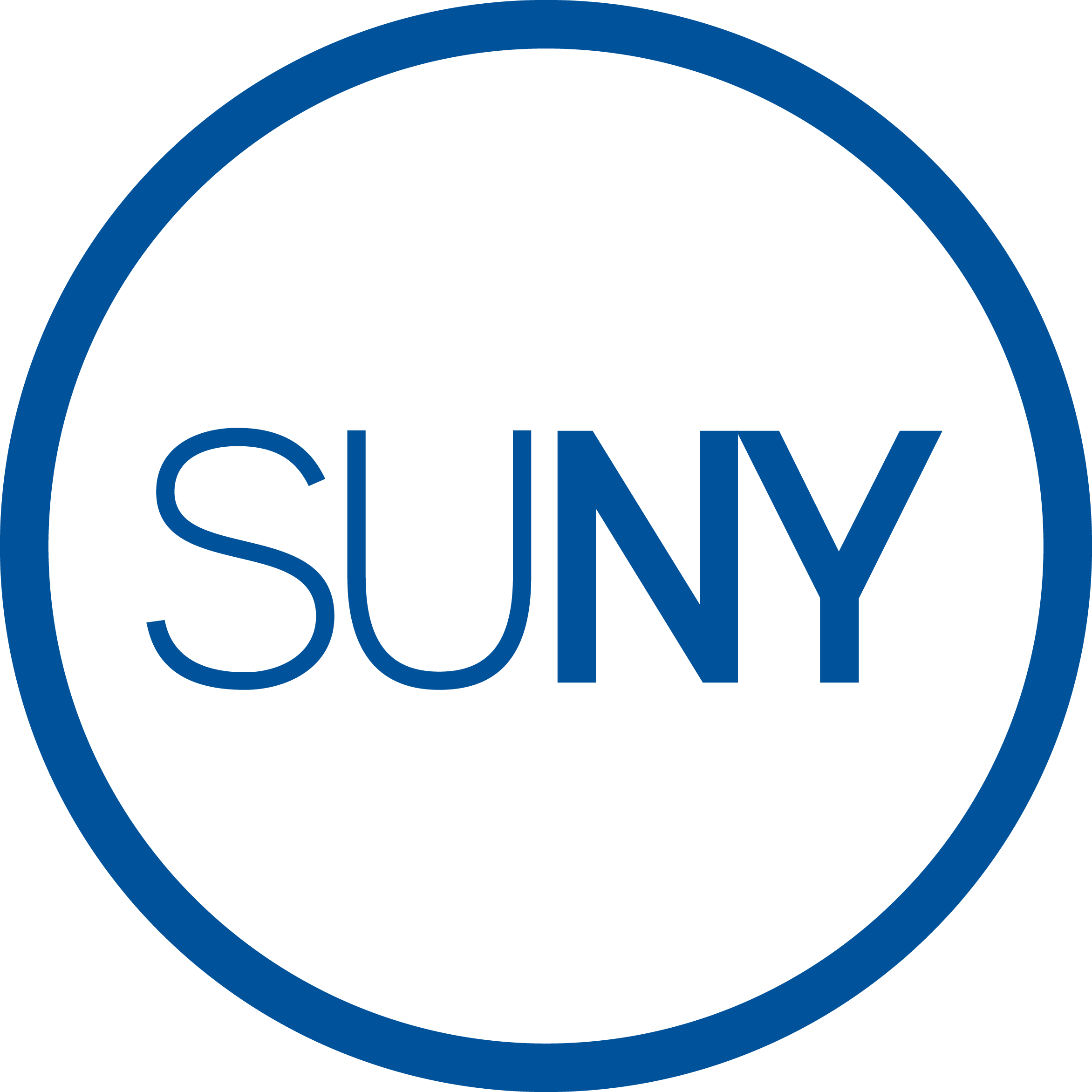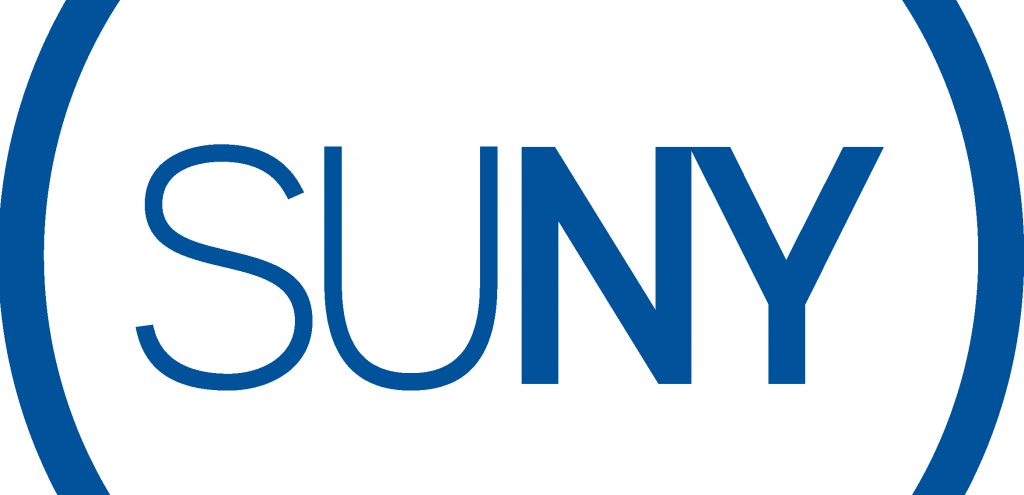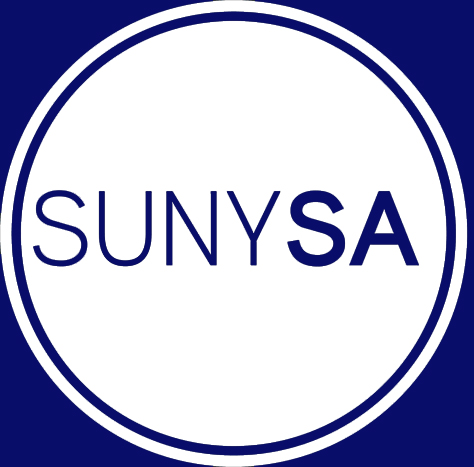Chancellor Kristina M. Johnson today announced The State University of New York is one of four recipients nationally to receive a $2.1 million “Strong Start to Finish” (SSTF) grant to scale-up first year student success strategies across SUNY campuses to help more students earn a college degree. The SSTF grant is designed to address the college attainment gaps for historically-underserved populations including students from low income households, under-represented minorities, and returning adults.
The grant will build on SUNY’s comprehensive framework to help students succeed and graduate that includes Guided Pathways; Math Pathways (Quantway/Statway); Developmental English; multi-year collaborations and pathways; structured scheduling; bridge programs; first-year experience programs; coaching/concierge/advising services; early alert systems; and additional support for technical degree pathways and Pathways in Technology Early College High School (P-TECHs). These successful evidence-based practices are being scaled up across the State through New York’s Student Success Center. In addition, SUNY provides leadership for one of 15 Jobs for the Future Student Success Centers nationwide that support community colleges to develop student-centered pathways and increase student completion rates.
“For many students the first year is the most daunting, and one that can sidetrack a student from completing his or her degree; that’s why SUNY campuses are working together to outline the need and work to build on successful pilot programs,” said Chancellor Johnson. “On behalf of our students, we are honored to receive this opportunity to expand our offerings to see more students graduate.”
“SUNY is committed to ensuring that every student’s first year will begin with the academic and non-academic support necessary to get them on a path to college and career success,” said SUNY Senior Vice Chancellor of Community Colleges and the Education Pipeline Johanna Duncan-Poitier. “An important priority for SUNY is for developmental education to be transformed into an “on-ramp” for completion so that the vast majority of students will go directly into credit-bearing work rather than stand-alone, pre-requisite remedial education.”
Forty-seven letters of interest in the grant opportunity were submitted and from those proposals, nine entities were invited to submit full proposals, each of which underwent extensive review by members of the SSTF Expert Advisory Board, philanthropic leaders and SSTF staff.
Funding for SSTF has been provided by the Bill & Melinda Gates Foundation, Great Lakes Higher Education Corporation & Affiliates, and The Kresge Foundation. Education Commission of the States (ECS), a national education policy organization, oversees SSTF.







Facebook Comments